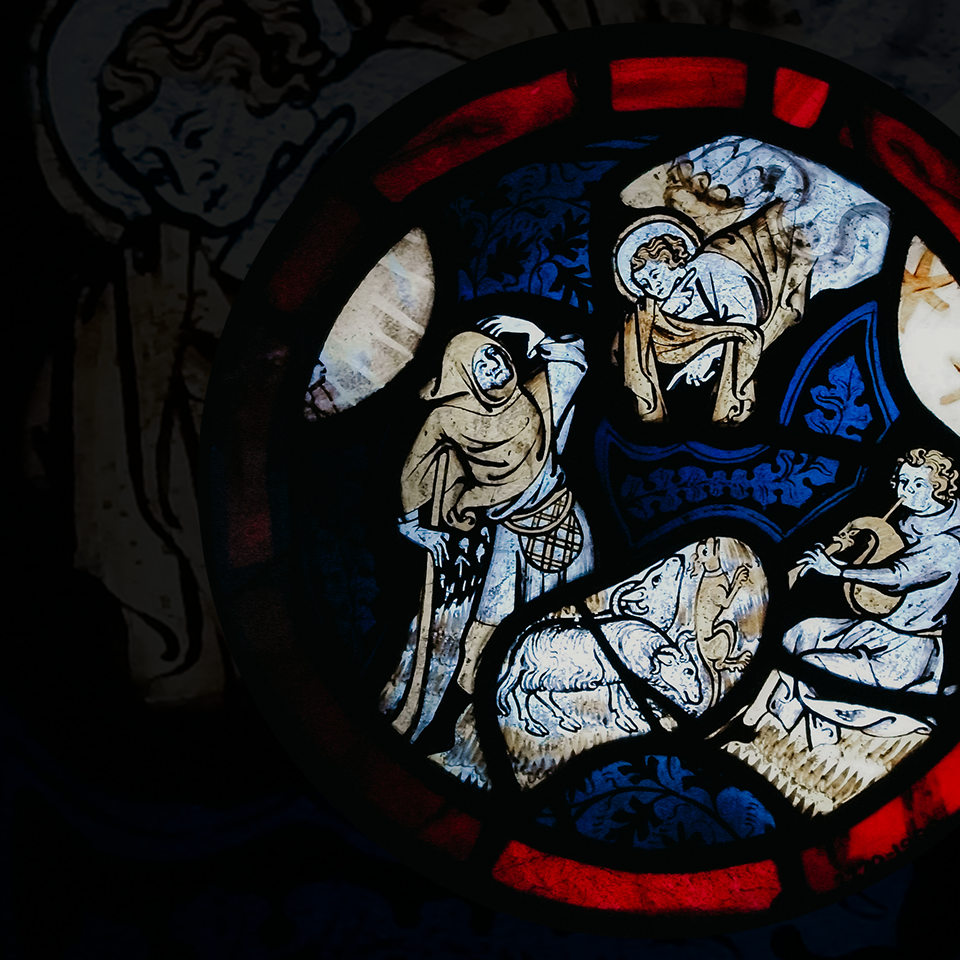“They have landed. It’s official. The Germans have confirmed it.”
Twenty-one-year-old Jacques Moalic stared blankly at the grinning prisoner who met him at the iron gate of Buchenwald concentration camp. Exhausted from another day of slave labor, Moalic had to process this news and follow up with other prisoners. “Keep calm, cool, careful,” they whispered, “The S.S. will become nervous.” The day? June 6, 1944—a date better known as D-Day. With the Allied forces landing on the beaches of France and forming yet another front in the grueling war against the Nazis, a glimmer of hope pierced the blackest hell of the camp. “We’ll be home by Christmas,” many exulted.
Five weeks later, writing in her diary from the secret annex in Amsterdam, fifteen-year-old Anne Frank confessed,
It’s really a wonder that I haven’t dropped all my ideals, because they seem so absurd and impossible to carry out. Yet I keep them, because in spite of everything I still believe that people are really good at heart. I simply can’t build up my hopes on a foundation consisting of confusion, misery, and death. I see the world gradually being turned into a wilderness, I hear the ever-approaching thunder, which will destroy us too, I can feel the sufferings of millions, and yet, if I look up into the heavens, I think it will all come right, that this cruelty too will end, and that peace and tranquility will return again.
These stories are supremely striking. How can hope survive, or ideals flourish, when you are walking among (in fact, are one of) the living dead in the hellscape of a Nazi death camp, or hiding in terror for two years in an impossibly small secret apartment with family and strangers? It is the story of hope and suffering, of saints and martyrs. It is the story of Advent.
Advent is derived from the Latin adventus, which simply means “coming.” Imagine all the emotion wrapped up in that word. No matter the present confusion, the answers are coming. Whatever the suffering and sacrifice you are now experiencing, help is coming. Imagine the Israelites under the grinding bondage of Pharaoh trusting that “our deliverance is coming.” Consider hearing the words of Isaiah in a time of uncertainty,
Remember not the events of the past,
the things of long ago consider not;
See, I am doing something new!
Now it springs forth, do you not perceive it?
In the wilderness I make a way,
in the wasteland, rivers. (Isaiah 43:18-19)
And wonder at the heavenly host of angels confronting an amazed and afraid field of shepherds with incomprehensible news: “Do not be afraid; for behold, I proclaim to you good news of great joy that will be for all the people. For today in the city of David a savior has been born for you who is Messiah and Lord” (Luke 2:10-11).
To be sure, we are, as St. Augustine would exclaim, “an Easter people” celebrating the victory of Christ over death. But we are also an Advent people—a people living in certain darkness with an inextinguishable hope. Our wounds are raw. Our cuts still sting. And yet we strain our eyes to look ahead. In Viktor Frankl’s book Man’s Search for Meaning, a physician and survivor of the Auschwitz death camp observed, “It is a peculiarity of man that he can only live by looking to the future.”
Whether we are Jews oppressed by a Roman imperium while awaiting the arrival of the God-man, Jesus, or we are wearily grinding our way through our workaday woes with hopes for the Second Coming, we are an Advent people.
For we are dissidents and underdogs, Cinderella stories and comeback kids who see the world with a keen eye. As C.S. Lewis described, “Enemy-occupied territory—that is what this world is. Christianity is the story of how the rightful king has landed, you might say landed in disguise, and is calling us all to take part in a great campaign of sabotage.”
In our suffering status, forever at odds with the world, we are strangely comforted. After all, we know how the story ends. We win.
In our darkest hour, there we stand, like Jacques Moalic, at the iron gates of our captivity. In silence, mouths agape, we want—we need—to hear the good news again. Liberty is coming. Salvation is here. And in hearing it again, still shaking our heads, our hearts swell with joy. Almost unbelieving, we believe and we cannot wait to share the news with others consumed in darkness.
It is who we are and what we are called to do.
We are an Advent people.
